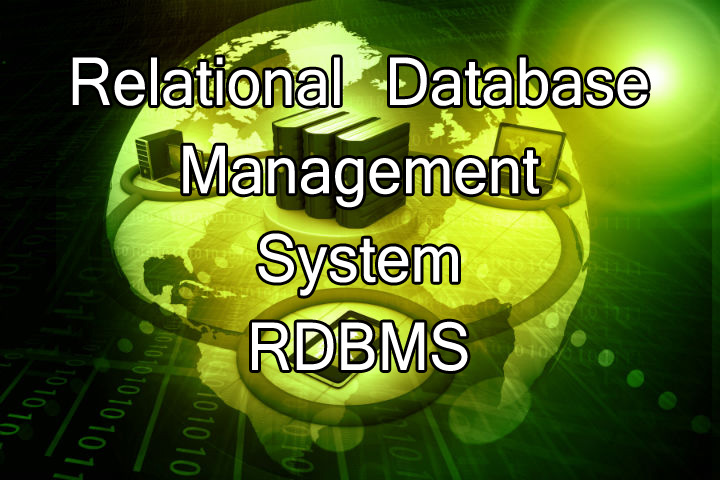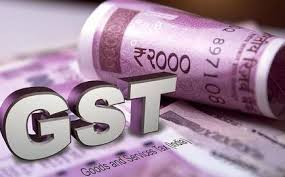| Course Objective: To equip the students with the knowledge regarding basics of Indian Economy | ||||||
| COURSE OUTCOMES | ||||||
| CO1 | Understand the importance of one of the core sector in India that is ' AGRICULTURE '. | |||||
| CO2 | They would learn about distribution system and type of Agriculture, Food security and Logistics. | |||||
| CO3 | Know the Concept of Rural credit including the role of RRB's and NABARD. | |||||
| CO4 | Understand the role of tertiary sector of India. | |||||
| CO5 | They would learn and gain knowledge about LSI and SSI and labour laws related to the subject. | |||||
| CO6 | They would be well equipped with the knowledge of foreign exchange and banking sector in India. | |||||
Department of Commerce
Students’ Code of Conduct
Rule 1
Mobile phones must be kept away from visibility and on Complete Silentmode during lecture sessions, unless otherwise stated by the faculty. Student(s) found violating the rule will be suspended from the on-going session instantly and attendance will be denied.
Rule 2
Students are not allowed in the classroom withoutcalculatorsfor all accounts, income tax, and other numeric subjects (like Business Statistics). Non – adherence or sharingof calculators will lead to suspension fromthe on-going session and denial of attendance for the subject.
Rule 3
Students must carry the prescribed textbook/study material(for accounts, income tax, English and other numeric subjects like Business Statistics) in the class. Sharing of Textbooks/study material is not allowed and non adherence of the rule will lead to suspension from the on-going session and denial of attendance.
Rule 4
Classroom Discipline:
Ø Noise in Classroom in the presence of teachers :
Such behaviour will be strictly dealt with.
Ø Sleeping in lecture sessions :
Strictly not allowed. Will lead to suspension from the on-going session.
Ø Late entry in classrooms is not permitted.
Grace time:
First hour – up to 8:35 am
Subsequent lectures – up to 5 minutes of commencement of class
Ø Eating/chewing(gums) during class sessions is not allowed. Will lead to suspension from the on-going class.
Ø Offensive language and misconduct in classrooms will not be tolerated in any case. Students will be put through the Discipline Committee. Any such incidents against faculty especially will lead to immediate suspension from classes until meeting with parents.
- Teacher: DEEPA AGRAWAL
- Teacher: GISA GEORGE
COURSE OBJECTIVE: To appraise the students about the regulations in relation to Insurance Policy, the various policies and procedures involved in Insurance Businesses etc.
COURSE OUTCOME:
Upon learning this course, the student will be able to:
· Have a basic idea of types of insurances and various reforms that exit. It would enable students to understand the role and functions of IRDA.
· Have a brief idea about nomination, transfer, repudiation, frauds and protection. They would understand grievance handling mechanism and international trends of Insurance.
SCHEME
OF EXAMINATION: All evaluations are conducted as per the norm of Osmania
University. These are two components of evaluations: Internal – 10 Marks,
External –40 Marks
There will be 2 internal examinations during the semester as per the schedule
of Osmania University. At the end of each semester, the final external examination
will be conducted by Osmania University.
The pattern of Internal Examination Schedule/Date is decided by the University. Each
Internal Examination is of 10 Marks. Final Marks of internal examination is the
average of two internal exams of 10 marks. Questions are of objective types and
conducted and evaluated at the college & by the college.
|
RULES OF THE CLASS |
|||
|
1 |
Students should adhere to the rules framed under Minimum Class disciplinary rules. |
||
|
2 |
Students are not allowed inside the class after 10mins(if first hour), 5mins(subsequent hours) |
||
|
3 |
Students are not allowed to sleep in the class |
||
|
4 |
Students are expected to maintain discipline in the class |
||
|
5 |
|
||
|
6 | Students are not allowed to use abusive language | ||
|
| |||
|
|
|
||

- Teacher: AMULYA VUNNAVA
| OBJECTIVE OF THE COURSE: | |||||
| The objective of the course is to give an introduction to
database management systems, with an emphasis on how to organize, maintain
and retrieve information from a RDBMS efficiently and effectively. To write
queries using a standard query language called SQL. |
|||||
| COURSE OUTCOMES: | |||||
| By the end of the course, the student will
be able to: CO 1: Understand what a database system is and its fundamental elements. CO 2: Understand the basic concepts of relational data model and the ability to describe and implement the same CO 3: Design and build a simple database system and execute queries on them using MYSQL CO 4: Understand and successfully apply logical database design principles, including E-R diagrams. CO 5: Understand the concept of a database transaction queries and related database facilities. CO 6: Apply various normalization techniques and thereby improving the database design. CO 7: Understand the role of the database administrator. CO 8: Gains awareness on data Security, concurrency control and design data bases with ensured data integrity. |

- Teacher: APARNA VIJAYAN
| COURSE OUTCOMES: | ||||
| CO1: | Apply managerial accounting and its objectives in a way that demonstrates a clear understanding of ethical responsibilities; | |||
| CO2: | Analyze cost-volume-profit techniques to determine optimal managerial decisions; | |||
| CO3: | Perform cost variance analysis and demonstrate the use of standard costs in flexible | |||
| CO4: | Identify the guidelines for selecting the most profitable set of products or services | |||
| CO5: | Prepare a master budget and demonstrate an understanding of the relationship between the components; | |||
| CO6: | Identify relevant cost in decision making. | |||
Student Code of Conduct
Rule 1
Mobile phones must be kept away from visibility and on Complete Silent mode during
lecture sessions, unless otherwise stated by the faculty. Student(s) found violating the rule
will be suspended from the on-going session instantly and attendance will be denied.
Rule 2
Students are not allowed in the classroom without calculators for all accounts, income tax,
and other numeric subjects (like Business Statistics). Non – adherence or sharing of
calculators will lead to suspension from the on-going session and denial of attendance for
the subject.
Rule 3
Students must carry the prescribed textbook/study material (for accounts, income tax,
English and other numeric subjects like Business Statistics) in the class. Sharing of
Textbooks/study material is not allowed and non adherence of the rule will lead to
suspension from the on-going session and denial of attendance.
Rule 4
Classroom Discipline:
Noise in Classroom in the presence of teachers :
Such behaviour will be strictly dealt with.
Sleeping in lecture sessions :
Strictly not allowed. Will lead to suspension from the on-going session.
Late entry in classrooms is not permitted.
Grace time:
First hour – up to 8:35 am
Subsequent lectures – up to 5 minutes of commencement of class
Eating/chewing(gums) during class sessions is not allowed. Will lead to suspension
from the on-going class.
Offensive language and misconduct in classrooms will not be tolerated in any case.
Students will be put through the Discipline Committee. Any such incidents against
faculty especially will lead to immediate suspension from classes until meeting with
parents.
- Teacher: DEEPA AGRAWAL
OBJECTIVE OF THE COURSE:
- Students must be able to develop web pages
- Students must understand Electronic Commerce & its inter-linked concepts, E-Business models
- To Enlighten students with the insight of electronic transactions & pitfalls over network
COURSE OUTCOMES: By the end of the course, the student will be able to:
CO 1: demonstrate the Advantages & Limitations of E-Commerce
CO 2: perform E-Banking, E-Marketing, E-Learning, E-Shopping
CO 3: understand the importance of Network Security
CO 4: able to describe the required infrastructure of e-commerce
CO 5: able to demonstrate HTTP v/s HTTPS, Public v/s Private Key
CO 6: able to discuss few legal and privacy issues, risk associated with E-Commerce
CO 7: able to distinguish different online payment methods
CO 8: apply course knowledge in higher studies, real time situations
- Teacher: VIDYA SAGAR JODU
